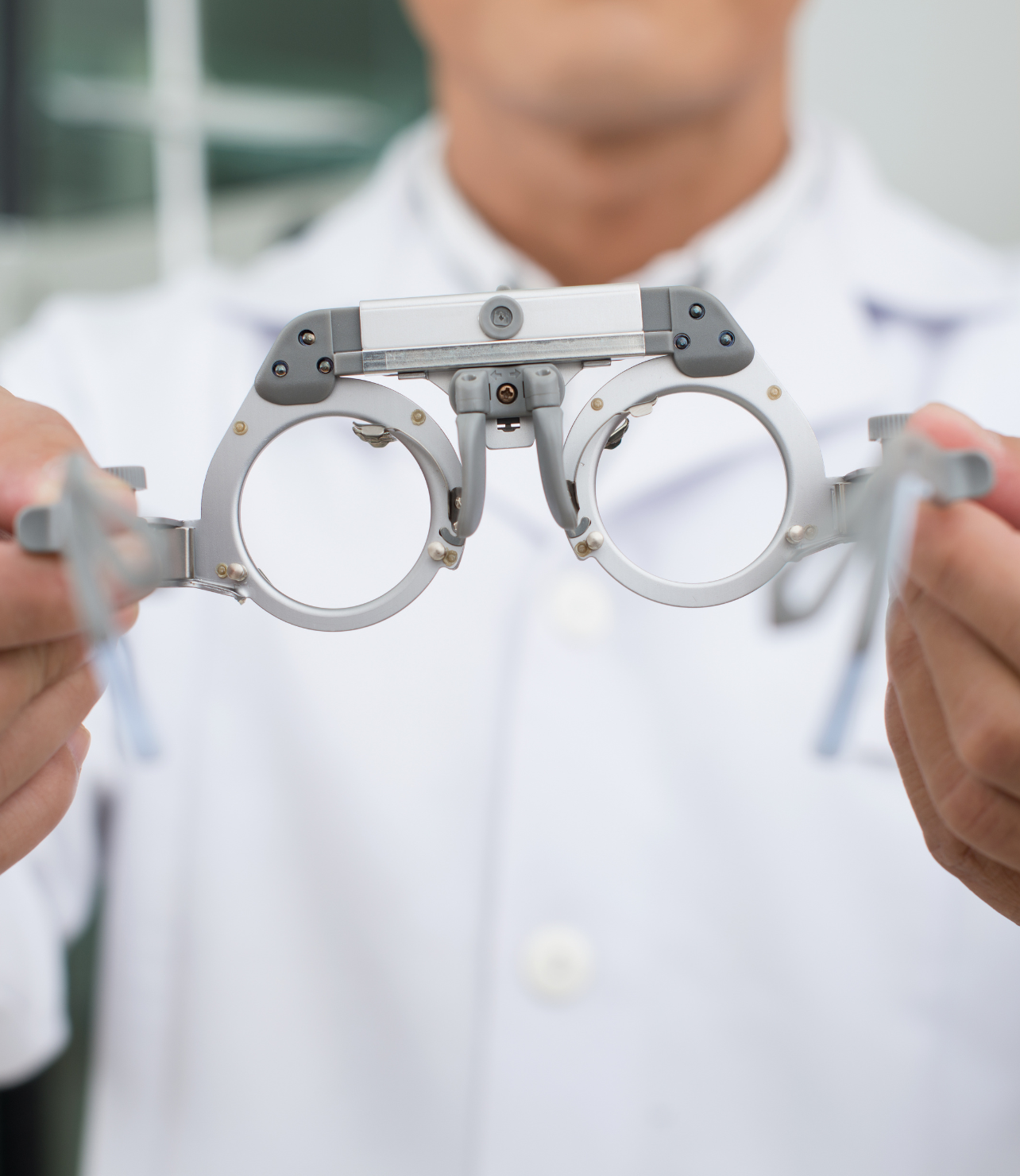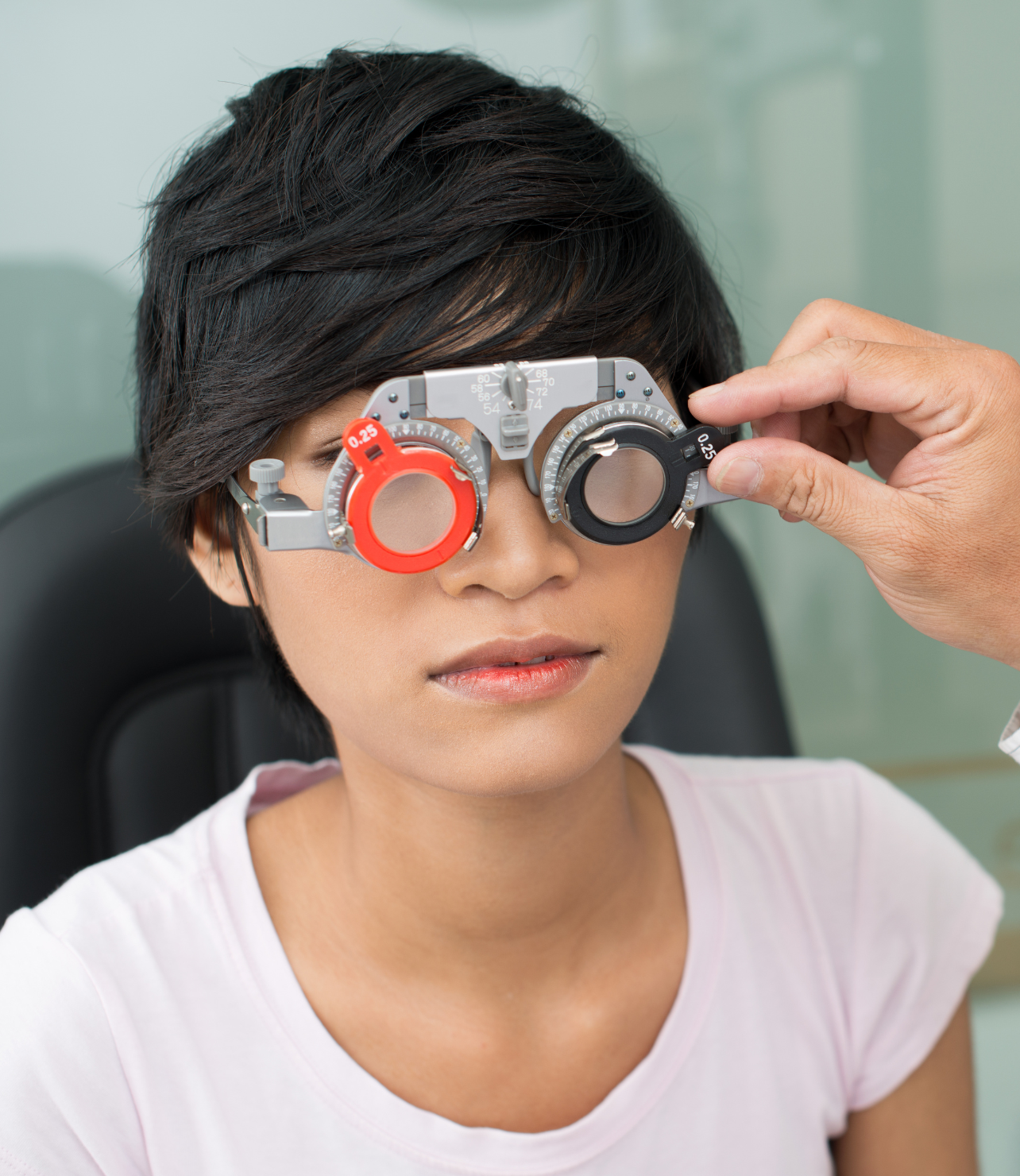Starting my journey in optometry school during the COVID-19 pandemic has been both unique and challenging, highlighting how important it is to be flexible in a world that's constantly changing. With technology taking center stage, we had to switch to online learning, pushing us to adapt and find new ways to succeed. I believe the ability to adjust that we developed during these tough times will turn out to be a very useful skill. As we got used to attending classes through Zoom, another important development was happening in the background—artificial intelligence (AI). Even though AI hasn't taken over optometry yet, it's clear that it's going to be a big part of our field in the future.
AI refers to how computers can be designed to process information and tackle tasks that typically need human brainpower. These systems operate by taking in vast amounts of data that's been organized and labeled, then they look for trends and connections within this data. From there, they use what they've found to guess what might happen next. The world of AI is constantly growing, with new improvements in areas like machine learning, deep learning, understanding and generating human language, and robotics.

The similarities between optometry and the growing area of AI are becoming more and more obvious. Just like AI, optometry depends a lot on gathering data. AI's knack for sifting through huge amounts of information, spotting trends, and making precise forecasts is transforming how we care for patients in optometry, making it more accurate and efficient. Thanks to cutting-edge algorithms and machine learning, AI can boost the detection and diagnosis process, catching early signs of eye conditions like diabetic retinopathy and glaucoma. It even allows for tailored treatment plans by taking into account things like a patient's history, lifestyle, and genetics, which leads to happier patients and more effective treatments. With AI's help, eye care professionals can enhance their decision-making process, leading to improved care and outcomes for patients.

While AI offers many advantages to the field of optometry, it also brings up important concerns and ethical issues. Data privacy is a major concern, especially with the need to comply with HIPAA regulations in healthcare. If AI is to be used safely, ensuring patient information is secure is crucial, as losing patient trust over privacy breaches would be detrimental. There's also worry about doctors becoming too dependent on technology for diagnosing and treating patients. Not being able to tell the difference between insights provided by AI and those from human judgment could be risky, especially in scenarios that require personal decision-making, like when interacting directly with patients. Ongoing research into AI's accuracy as a diagnostic tool presents mixed results. While some findings are encouraging, indicating AI can diagnose conditions much faster, there have been instances, such as with ChatGPT in ophthalmology cases, where it was found to be less accurate than medical residents or experienced doctors, whether evaluating patient histories or conducting clinical examinations.
Looking forward, the prospects for AI in optometry seem bright, offering possibilities in forecasting trends, remote healthcare, and streamlining tasks via automation. The worry that technology might take over the role of doctors is there, but I view AI more as a helper, enabling us to deliver quicker and better care to our patients.
Bains Optical Healthcare
160-162 Hednesford Rd, Heath Hayes, Cannock WS12 3DZ, United Kingdom
Get Directions
01543 270080
Monday – Saturday 9:00am – 5:30pm